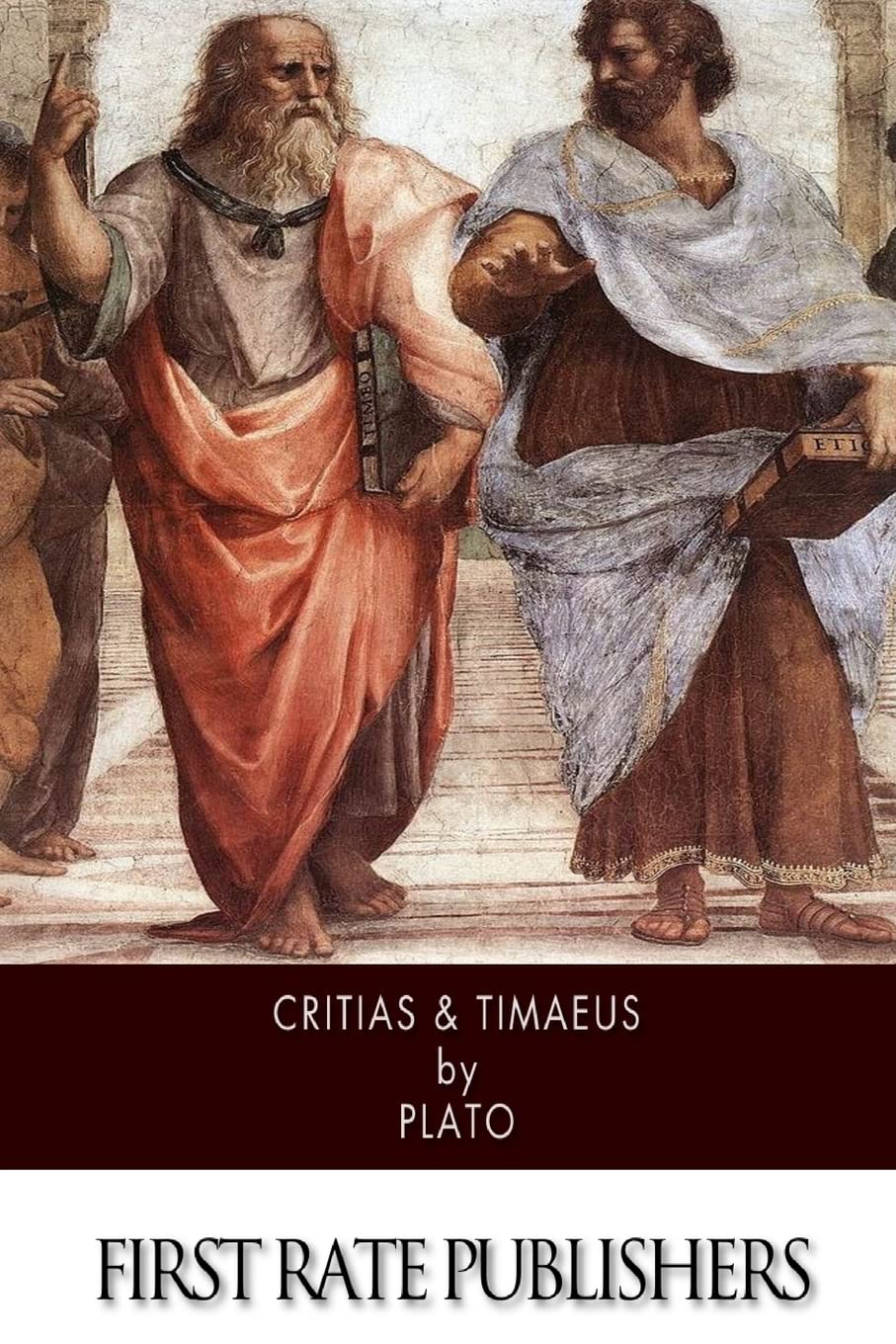Critias & Timaeus
Critias & Timaeus is backordered and will ship as soon as it is back in stock.
Couldn't load pickup availability
Genuine Products Guarantee
Genuine Products Guarantee
We guarantee 100% genuine products, and if proven otherwise, we will compensate you with 10 times the product's cost.
Delivery and Shipping
Delivery and Shipping
Products are generally ready for dispatch within 1 day and typically reach you in 3 to 5 days.
Author: Plato
Brand: CREATESPACE
Binding: paperback
Format: Import
Number Of Pages: 152
Release Date: 27-11-2014
Part Number: black & white illustrations
Details: In 427 B.C., the Ancient Greek city-state of Athens was flourishing. Approximately 80 years earlier, the Athenians had formed the first self-representative democracy in history, the Peloponnesian War against Sparta had only just started, and Socrates was only beginning to lay the foundation of what would become Western philosophy. That year Plato was born to a wealthy family: with an uncle who was close friends with Socrates, Plato was seemingly destined to become a philosopher. By the end of his life, Plato had indeed become the foremost philosopher of his time, and perhaps the most famous philosopher in Western history.Like many males of the period, Plato served in the military and dreamed of a political career. And Plato did hold political office after the Peloponnesian War ended in 404 B.C., but around that time he also became a loyal follower of Socrates, who was teaching philosophy at an academy in Athens. None of Socrates’ works survived antiquity, so most of what is known about him came from the writings of his followers, most notably Plato. What is known about Socrates is that he seemed to make a career out of philosophy, and Plato was intent on following in his footsteps.Yet for all of the influence of Socrates’ life on Plato, it was Socrates’ death around 399 B.C. that truly shaped him. Plato was so embittered by Socrates’ trial in Athens that he completely soured on Athenian democracy, and he began to travel around the Mediterranean, studying topics like mathematics, honing his approach to philosophical thinking, and continuing to refine his philosophical beliefs.About a decade later, Plato returned to Athens and founded his famous Platonic Academy around 387 B.C., which he oversaw for 40 years until his death. One of Plato’s philosophical beliefs was that writing down teachings was less valuable than passing them down orally, and several of Plato’s writings are responses to previous writings of his, so Plato’s personally held beliefs are hard to discern
EAN: 9781505227574
Package Dimensions: 9.0 x 6.0 x 0.4 inches
Languages: English





